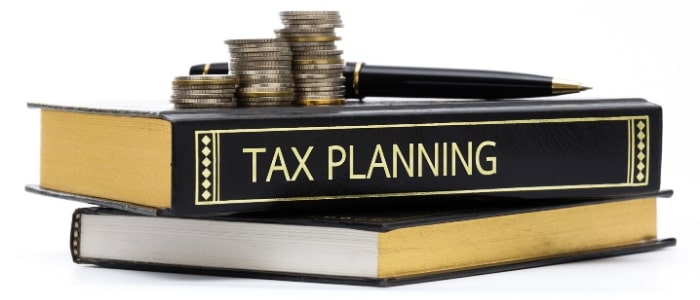Part 2

Depreciation
Depreciation is one of the magical benefits of investing in real estate. Sponsors do what is called cost segregation. They hire an engineer to separate out all of the parts of a building, some of which can be depreciated faster than others. The cost of this assessment is upwards of $10,000 to $15,000 per deal, so you know an investment like that must have some major benefits–it can save tens of thousands if not even millions of dollars of tax liability, depending on the size of the project. The engineer’s report is given to a CPA who determines what can be depreciated faster, such as parking lots, roofs, refrigerators, countertops, carpets, Etc.
Right now there is a tax benefit called bonus depreciation, currently good through 2023 as long as the current administration wins the election year in 2020, otherwise, it could be unraveled by a new administration.
Bonus depreciation allows sponsors to depreciate certain line items in as short as one year. That means that any cash flow you receive could be wiped out by paper losses due to depreciation.
Passive income is taxed at the investor’s tax bracket, so it is very beneficial to have paper losses on passive income if you are in a high tax bracket.
Tax Shelter
There are other tax benefits besides depreciation and they are being able to deduct mortgage interest and tax payments. Each investor will share in the benefit in relation to their ownership percentage. Something else to note–when investors receive their investment capital back, is not taxed as a capital gain because it is principle.
1031 Exchange
Another tax benefit is the 1031 exchange. Investors are eligible to participate in a 1031 tax-deferred exchange, but it isn’t offered on every opportunity. A 1031 exchange is when all taxes are deferred to a later date by rolling the gains into another investment. There are strict guidelines for doing this, but it is possible.
You can continue doing this until you cash out one day and then you will have to pay the capital gains tax. If you die before you cash out, your gains will pass your family without the tax burden. Basically, if you die before cashing out, you win, you beat the government at their own game, but then you are dead, so there is that.
Low Capital Gains Tax
As we discussed earlier, depreciation is a great way to protect a tax burden on passive income, but it is only a deferral of taxes, so you will be taxed on the capital gain. But gloriously, capital gains taxes are much lower than passive income taxes. Capital gains are not taxed at an individual’s text bracket which could be 30% if you are a high earner. Capital gains taxes are taxed at capital gains tax rates which are much less, sometimes half or a quarter or less of what you would pay based on your individual tax bracket. You should consult with your CPA to see how this will affect you as an individual.
Tax planning when investing passively should be part of your investment strategy because the money that can be saved in the tax benefits makes up a large piece of your investment strategy as a whole. The government must really love real estate investors.

Recent Comments